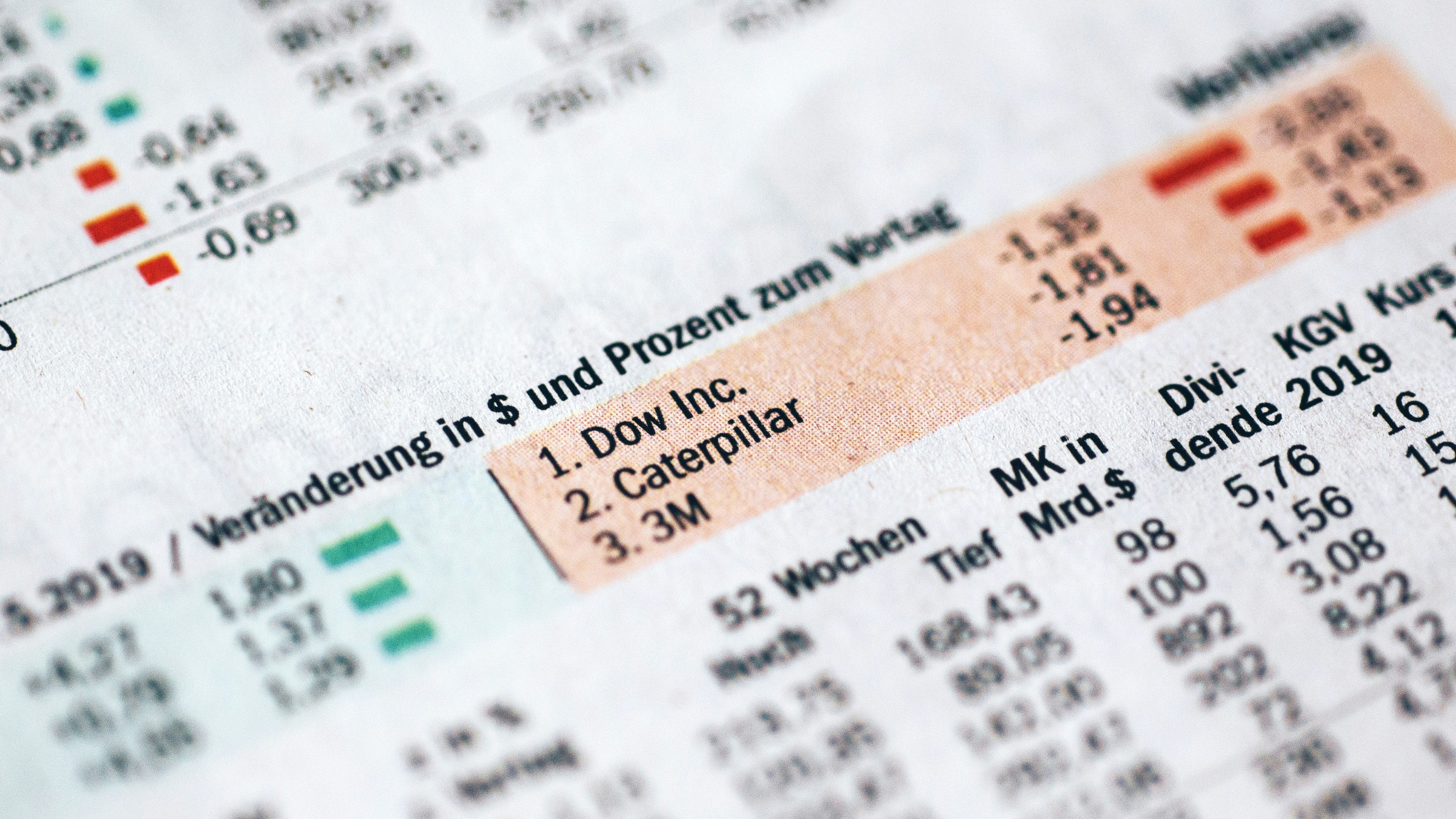
Market Overview and Economic Context
The current market environment exhibits a multitude of challenges that have significantly influenced investor sentiment and stock performances across various sectors. Recent economic trends have shown a rise in inflation rates, prompting central banks to implement interest rate hikes as a countermeasure. Such maneuvers typically lead to increased borrowing costs, affecting corporate profitability and market liquidity. As businesses re-evaluate their growth strategies amid higher costs, investor confidence tends to wane, resulting in a broader decline in stock prices, including those of Palantir Technologies.
Furthermore, the fluctuation in major indices, such as the S&P 500 and NASDAQ, highlights a cautious approach among investors. These indices are often reflective of overall market health, and a downturn can signal trepidation stemming from macroeconomic uncertainties. Concerns about potential recessions or slowdowns in economic growth have spurred a defensive stance among portfolios, leading to a sell-off in growth stocks, particularly those reliant on tech-driven business models like Palantir.
Add to this the geopolitical tensions and ongoing supply chain disruptions that further exacerbate market volatility. These external factors have resulted in diminished earnings forecasts, affecting trader psychology. As Palantir’s business model thrives on long-term data-integrated solutions, interest rate increases and inflationary pressures cast a shadow over its projected growth, contributing to the decline in its stock valuation.
In this challenging scenario, the interplay between macroeconomic indicators and stock performance becomes increasingly significant, serving not only as a backdrop for Palantir’s current situation but also offering insights into the broader implications for technology-focused companies navigating this turbulent economic landscape.
Company-Specific News and Developments
In recent months, Palantir Technologies has witnessed significant fluctuations in its stock price, driven largely by a series of company-specific announcements and developments. Investors closely monitor these updates, which can dramatically influence market sentiment and stock performance. One critical event was the release of Palantir’s quarterly earnings report. Although the company reported a revenue increase, the growth was below analysts’ expectations, which led to discussions about its future growth trajectory and financial health.
Another notable aspect was Palantir’s contracts with government sectors. While Palantir has established itself as a reliable partner for various government agencies, the acquisition of new contracts has become a focal point for investor sentiment. Recent reports indicated that some significant contracts were under review, causing anxiety among stakeholders who are concerned about potential losses in revenue. Comparatively, competitors in the analytics space have secured new contracts that have bolstered their growth, leading to further scrutiny of Palantir’s strategic positioning.
Additionally, the company’s strategic shift towards expanding its presence in the commercial sector raised eyebrows. Investors were initially optimistic about these developments; however, slow adoption rates and integration challenges have come to the forefront. This cautious outlook has led analysts to recalibrate their forecasts for Palantir, fearing that the company may struggle to achieve its ambitious targets without a more robust pipeline of projects.
Investors may also perceive certain partnerships and acquisitions as below expectations. The company’s collaboration with notable players in the tech industry met with mixed reactions, particularly when some initiatives failed to yield anticipated outcomes during their initial phases. With evolving dynamics in both the technology and analytics landscape, how Palantir navigates these complexities will be crucial for its future. Therefore, the interplay of these factors shapes the current perception and valuation of Palantir stock in the financial markets.
Analyst Opinions and Market Reactions
The recent decline in Palantir Technologies Inc. stock has not gone unnoticed by market analysts, who play a critical role in shaping investor sentiment. Several prominent financial institutions have revised their ratings on Palantir, reflecting a spectrum of opinions about the company’s future prospects. Notably, some analysts have downgraded their outlook, citing potential hurdles in achieving profitability and maintaining sustainable growth. Such downgrades have fueled concerns among investors regarding the viability of Palantir’s business model in the current economic climate.
Additionally, analysts have adjusted target prices for Palantir’s stock, with many lowering their projections to better align with recent performance trends and broader market dynamics. A significant reduction in target prices can send signals to the market, leading to cautious trading behavior and contributing to further stock depreciation. Comments from analysts emphasize the company’s challenges in scaling its operations and converting contractual agreements into consistent revenue streams, further intensifying scrutiny around Palantir’s future earnings potential.
Market reactions to these analyst updates have been swift. As investors digest the news, the stock’s volatility has increased, creating an environment of uncertainty. Some analysts argue that the sell-off could be a short-term overreaction, driven by a bearish sentiment rather than a fundamental flaw in Palantir’s strategy. Others suggest that the adjustments reveal deeper, underlying issues that could persist into the foreseeable future. These mixed assessments highlight the complexities of the tech sector, where shifts in investor perception can have significant ramifications on stock performance.
In summary, analyst ratings and corresponding market reactions are crucial factors in understanding the ongoing decline in Palantir stock. The interplay of downgrades, target price revisions, and broader market sentiment will continue to influence investor decision-making and ultimately the stock’s trajectory.
Investor Sentiment and Future Outlook
The recent decline in Palantir stock has prompted a significant shift in investor sentiment. As market dynamics change rapidly, stakeholders increasingly turn to social media platforms and investor forums to gauge public opinion on the company. Platforms such as Twitter and Reddit now play a pivotal role in shaping perceptions about Palantir, as discussions regarding its future can influence trading decisions. This digital landscape provides insights, allowing investors to assess market sentiment effectively.
The general atmosphere surrounding Palantir’s stock has become increasingly cautious. Recent developments, including earnings reports and shifts in corporate strategy, have contributed to a more skeptical attitude among investors. Many are analyzing not only the company’s financial performance but also the broader macroeconomic factors impacting technology firms. As such, constructive feedback and criticisms shared on these platforms have become crucial for investors looking to make informed decisions.
Looking forward, investors must consider potential recovery strategies to navigate these turbulent waters. One approach is diversification; by spreading investments across various sectors, investors can mitigate losses associated with Palantir’s stock. Additionally, keeping abreast of key performance indicators such as quarterly earnings, market share, and governmental contracts can provide valuable insights into the company’s health. These indicators might signal when a reversal in stock performance could occur, allowing investors to capitalize on potential upswings.
As the stock market continues to evolve, staying informed and engaged with trends can ultimately help investors make better choices. While the current landscape may appear discouraging, vigilance in monitoring developments related to Palantir will be essential. Strategic planning and awareness of shifts in investor sentiment will mitigate risks and position investors to seize emerging opportunities.


